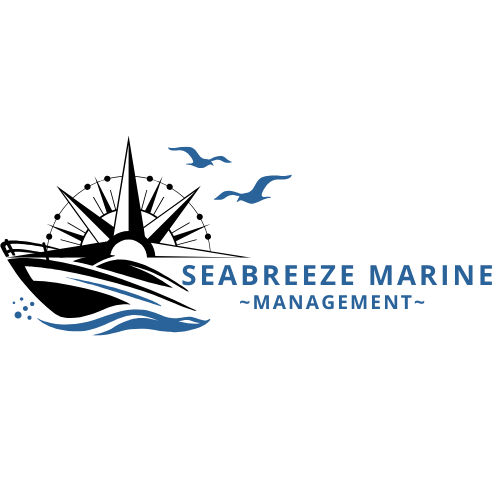Our Services
Explore our comprehensive range of professional services today.
Vessel Cleaning / Detailing
____________________________
Our detailing crew offers a wide range of services, including polishing, ceramic coating, waxing, gel coat refinishing, and both interior and exterior cleaning. We use high-quality products to ensure your vessel or boat looks great for months to come and stays protected from the harsh Florida sun. With our dedicated team, we guarantee high-quality results and timely service. Keeping your vessel in pristine condition all year round.
Routine Maintenance
Captain Services
Boat Delivery
Outboard Services
Weekly Checklist
Check all batteries
Check and Inspect all pumps
Check and test all switches
Inspect all valves (Open/Close)
Check Fuel Levels
Inspect propellers
Inspect and clean strainers
Inspect Vents
Inspect ropes and lines
Clean & Sanitize Toilets
Check and Inspect Bilge
Inspect safety gear
Bi-Monthly Checklist
Weekly Checklist
Check all Fluids
Check engine oil levels
Check coolant levels
Run and Inspect engines
Run and Inspect Generators
Check Freshwater Systems
Check All Electronics
Inspect All Hatches / Latches
Inspect Freezer / Ice Machine
Check All Lights
Check all safety gear
Test Trim & Tilt
Check Steering
Monthly Checklist
Weekly and Bi-Monthly Checklist
Check Battery Charge & Levels
Check & Inspect All Electronics
Inspect Fuel Filters
Schedule Any Major Services & Order Necessary Parts
About Us
Accidents can happen unexpectedly. At Seabreeze Marine Management, we strive to simplify and enhance your auto body repair experience. Upon arrival, you'll receive a precise computerized estimate, and our team of experts will ensure your vehicle looks as good as new.
Frequently Asked Questions
What is marine management?
Marine management refers to the professional services offered to boat owners to ensure their vessels are properly maintained, serviced, and managed. These services include routine maintenance, repairs, operational support, and logistical planning to keep boats in top working condition.
How often should my boat receive maintenance?
The frequency of maintenance depends on your boat's usage, manufacturers recommend 20HR break in, 100hr and 300hr servicing, but in general: Monthly checks for routine maintenance tasks (oil, filters, battery, etc.) Annual servicing for more comprehensive inspections and repairs Seasonal maintenance before and after each boating season
How do I know if my boat needs professional repair services?
Common signs that your boat may need professional repairs include:
~ Reduced engine performance (stalling, difficulty starting, or unusual noises)
~Leaks or water accumulation in the hull or bilge Electrical malfunctions (lights, electronics, or navigation systems not functioning) Signs of corrosion or rust
~Unresponsive steering or throttling If you notice any of these issues, it’s a good idea to schedule an inspection with a marine technician.
Why do I need marine management services for my boat?
Marine management services ensure your boat remains in good working condition, improving safety, performance, and longevity. These services can save you time, reduce the likelihood of unexpected repairs, and help you stay compliant with local boating regulations.
Is it true using a boat more means less issues on the water?
Yes, using your vessel regularly significantly reduces the likelihood of encountering issues on the water. Identifying problems early can prevent them from escalating into more costly repairs. Key components such as parts, systems, and engines rely on consistent lubrication and movement. When left unattended, they are susceptible to corrosion and other complications. This is why staying proactive with regular check-ups and maintenance is crucial for the longevity and reliability of your vessel.

